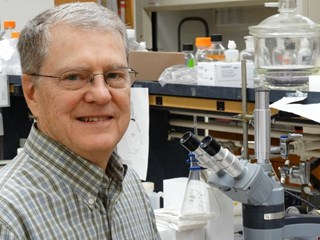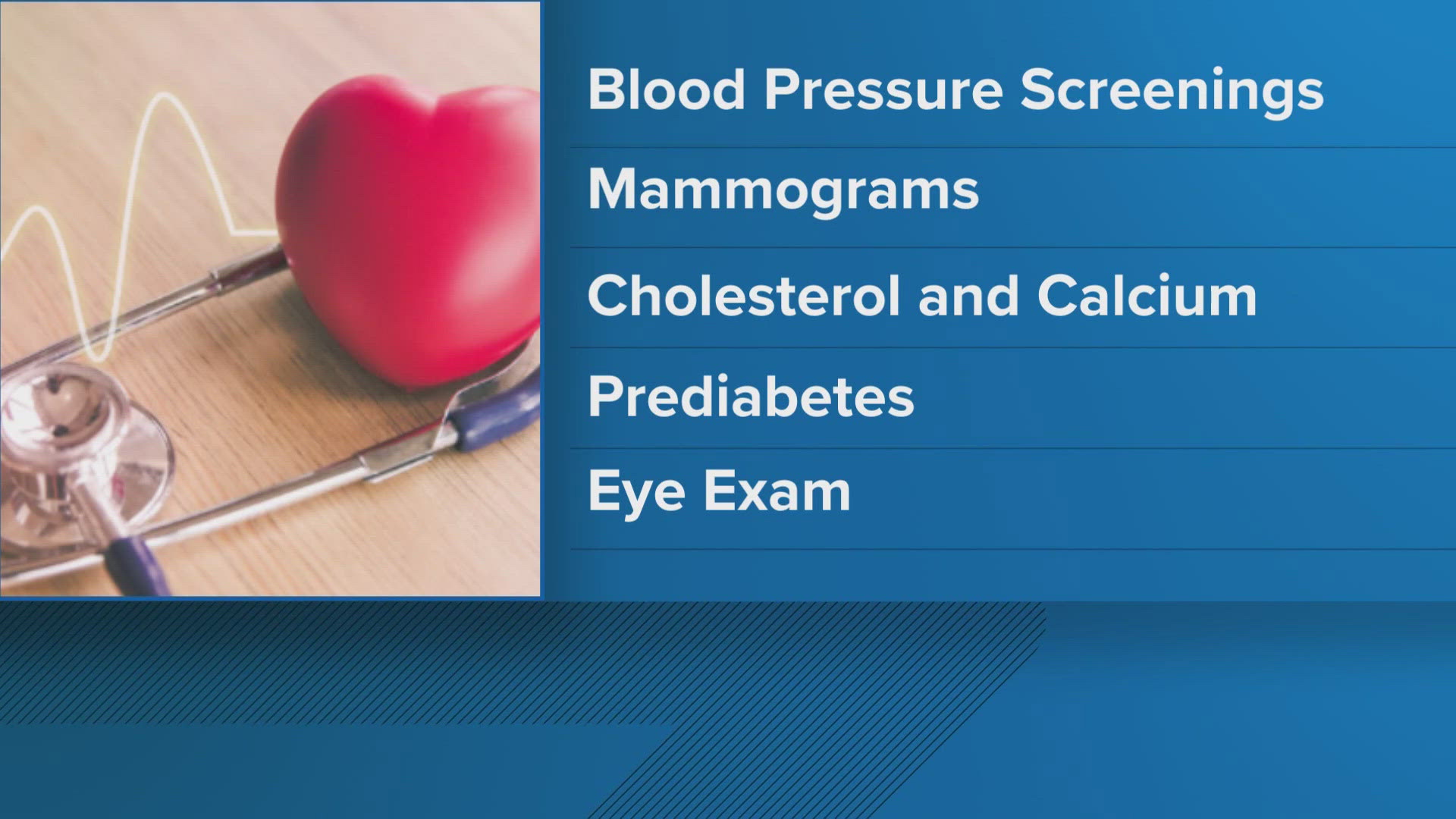Public health officials are calling it a global crisis. Superbugs that are resistant to antibiotics are spreading fast.
Health officials said 700,000 people worldwide will die this year from bacteria that is resistant to antibiotics. Now, researchers at Oregon State University have made a breakthrough discovery that could save millions of lives. And the discovery is getting worldwide attention.
Dr. Bruce Geller teaches microbiology at OSU. He’s been researching antibiotic resistant germs and bacteria for 17 years. His discovery of a new molecule is considered a life-saving discovery.
“The world has shrunk as people travel all over the world and bring with them the pathogens from other parts of the world. These pathogens are spreading the resistance genes," Geller said.
Imagine getting a sick with a bacterial infection. Most of us have taken antibiotics in our lifetimes. But what if those antibiotics did not work? Odds are, the infection would spread, and you would go into septic shock, and eventually die.
Recently, it happened to a Nevada woman, who broke her leg, and got an infection in her hip. The bacterial infection was resistant to a total of 26 antibiotics. She ended up dying. Dr. Geller said that’s not uncommon.
“There are some strains of bacteria that are completely resistant to all known antibiotics.”
Dr. Geller’s discovery revolves around a molecule that neutralizes the bacteria’s ability to destroy the antibiotic. Until now, a molecule that was unknown.
“This molecule, our molecule, gets inside a bacterium and it shuts down the gene that controls the resistance mechanism," he said.
Dr. Geller says the next step is human trials. Those trials will involve testing for toxicity, which is mild, and testing for proper human dosage. He hopes to have the product hit the market soon and start saving lives.
“I would say if all goes as planned its possible we could have this on the market in 4 to 5 years.”


